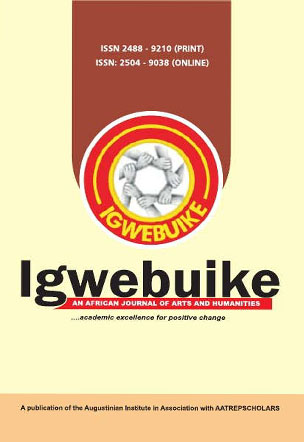
Vol. 10 No. 4, 2024
ABSTRACT
This study set out to examine internal democracy and elections in Nigeria with reference to the People's Democratic Party (PDP) (1998-2015). Election is an integral element of the democratic process. In other words, the growth of democracy in any country is measure by the conduct of elections. For elections to yield the desire result there is needs to adhere to stipulated laws. Internal democracy therefore is the basis of free, fair and credible elections. When the process that produced elected official lack credibility and transparency, it has grave implication for democratic consolidation. The theoretical framework adopted for the study was the elite theory propounded by Robert Michel, Gaetano Mosca and Vilfredo Pareto in the 1890s. Secondary source of data was utilized for the study. It involves the collection of data from textbooks, magazines and conference papers amongst others. The study finds out that since 1998 following the formation of the PDP, that the Party had dominated the Nigeria political scene especially at the federal level. The Party dominated the presidency for sixteen years. However, her dominance on the Nigeria political scene was terminated following the outcome of the 2015 general elections in which the Party lost not only the presidency but also most States she had earlier control. The study recommends that there should be a regular convening of PDP national executive meetings of elective and non- elective conventions as stipulated in the PDP constitutions, were serious undemocratic issues that threatened the Party are address.
